Rita Panahi: cultural appropriation should be treated with disdain
IT’S not just the rich and famous who must negotiate so-called “cultural appropriation”, with a US teen targeted for her choice of prom dress. Rita Panahi writes there’s no honour in such destructive attacks.
Rita Panahi
Don't miss out on the headlines from Rita Panahi. Followed categories will be added to My News.
IF you’re determined to go through life in a permanent state of misery and paranoia, seeing only the worst intentions behind every act, you’re precisely the type of individual who believes that “cultural appropriation” is real and insidious.
Cultural appropriation is defined as “the adoption of elements of a minority culture by members of a dominant culture” with a focus on “the presence of a colonial element and imbalance of power”.
The Cambridge dictionary definition is a little more innocuous: “the act of taking or using things from a culture that is not your own, especially without showing that you understand or respect this culture”. But with its oppressor-and-oppressed narrative, it’s a theory with clear Marxist roots.
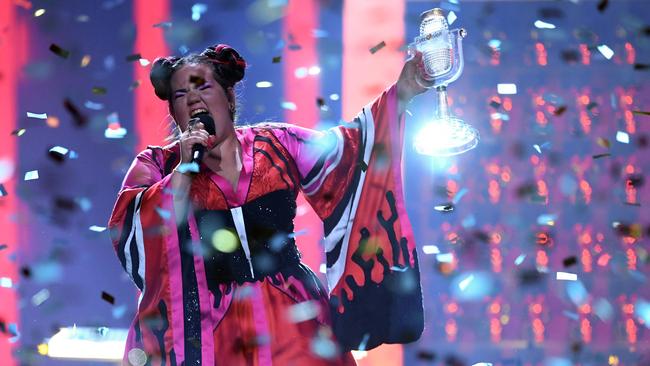
It didn’t take long for hypersensitive souls to accuse Eurovision winner, Israeli Netta Barzilai, of cultural appropriation.
The triumphant singer has been criticised for appropriating elements of Japanese culture during her performance at the 63rd Eurovision Song Contest in Lisbon.
Barzilai’s Japanese inspired outfit and hairstyle have come under fire from Leftists who see cultural appropriation as offensive and inherently bigoted.
UK newspapers The Independent and the Daily Mail are among media outlets that have published news articles detailing Barzilai’s cultural appropriation crimes which extend to the use of Maneki-nekos, a Japanese figurine depicting a waving cat.
The criticism was dismissed as absurd by comedian Ricky Gervais who tweeted: “I remember when adopting, sharing and assimilating things from other cultures was the opposite of racist.”

So, if you are cooking a curry tonight without understanding and fully respecting the origins of the dish, you too are guilty of cultural appropriation.
If you’re cooking the meal while wearing a sari, then you’re really crossing the line.
Funnily enough, progressive proponents of the concept, who are obsessed with identity politics, espouse attitudes alarmingly similar to those of white supremacists.
Both groups are fixated on race, colour and creed, believing that being born into a particular ethnicity or religion imbues one with certain inalienable characteristics and privileges, including the right to exclude others from partaking in the fruits of their “culture”.
Both groups are populated by unpleasant dolts preoccupied with their own supposed victimhood, who refuse to accept personal responsibility for their failings.
And both see fit to dismiss those who don’t share their cultural background, essentially judging people based on their ethnicity rather than on “the content of their character”.
MORE RITA PANAHI: ATTACK ON KANYE IS DISGUISED AS RACISM
COSSETED KIDS NEED TO DEAL WITH DISAPPOINTMENT
The beautiful words of Martin Luther King Jr would be considered hate speech by some of the fools of the progressive movement, whose unhealthy focus on race is divisive and dangerous.
Cultural appropriation should be treated with the same disdain we show other nonsensical fantasies such as the flat-Earth theory.
Instead, it has found a foothold in academia and is accepted uncritically by some sections of the media.
Great writers and artists have been accused of the sin of taking from other cultures.
Among them is the supremely talented Bruno Mars, whose dark skin and ethnically diverse background — a Puerto Rican Jewish father and a Filipino mother — failed to save him from accusations of appropriating “blackness” and genres traditionally associated with black music artists.
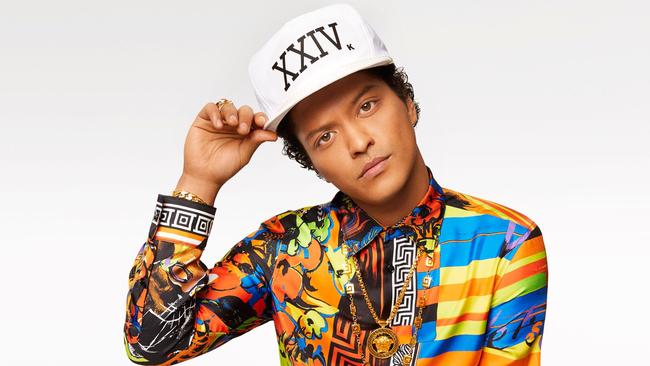
“Bruno Mars 100 per cent is a cultural appropriator,” said writer and activist Seren Sensei earlier this year.
“He is not black, at all, and he plays up his racial ambiguity to cross genres.”
Best-selling US author Lionel Shriver, responding to claims that white fiction writers are guilty of cultural appropriation if they write from the point of view of characters from different ethnic backgrounds, caused outrage at the 2016 Brisbane writers’ festival by saying: “I am hopeful that the concept of ‘cultural appropriation’ is a passing fad.”
Professional victim and ABC regular Yassmin “Islam is the most feminist religion” Abdel-Magied was predictably aghast, walking out on the speech and penning a column decrying Shriver’s words as “a celebration of the unfettered exploitation of the experiences of others, under the guise of fiction”.
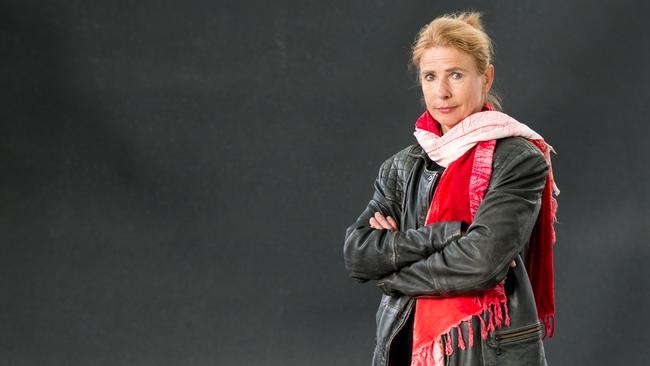
Last month, in responding to the continuing debate, Shriver said: “I am also dismayed by how few writers with any serious reputation are willing to put themselves on the line for free speech. I’m very unhappy that writers and editors are exercising self-censorship, especially with regard to group membership, to gender, race, ethnicity, disability.”
It’s not just the rich and famous who have to negotiate the PC sensitivities of people with far too much time on their hands.
In recent weeks, a US teenager, Keziah Daum, found herself at the centre of a cultural appropriation storm that saw her not only trending on social media but also being featured by dozens of mainstream media publications and broadcasters, including the Washington Post and the BBC.
Her crime? She is white, and wore a traditional Chinese gown, a cheongsam, to her prom. A viral Twitter post from a young Asian American — “My culture is NOT your goddamn prom dress” — sparked the outrage orgy, which lasted several days.
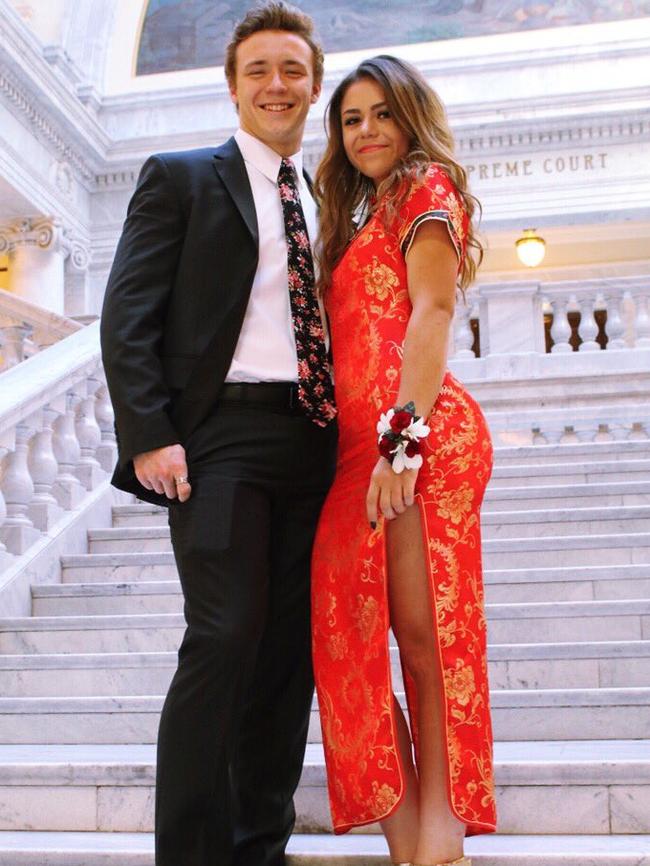
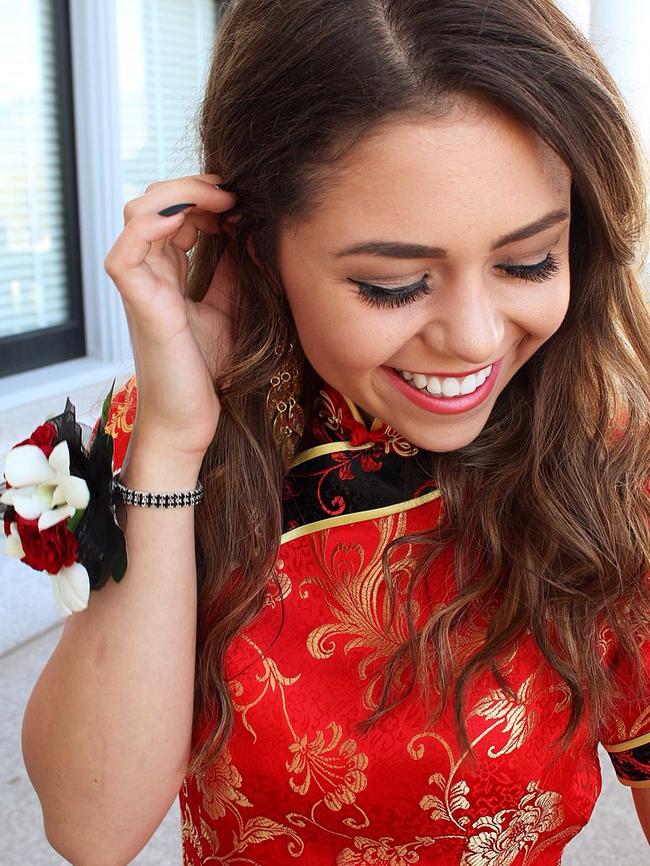
I happened to be in China as the media storm was unfolding, and I can tell you that not one Chinese person I spoke to was upset; indeed, they loved that their style was being appreciated on the other side of the world.
We should encourage everyone to sample the best of each other’s culture, whether it’s music, fashion, food or any other desirable aspects.
Dr Clay Routledge, a social psychologist and a professor at North Dakota State University, sees elements of narcissism in those who are preoccupied with identity politics, writing: “Cultural appropriation arguments often have a narcissistic quality.
“To say ‘my culture’ is to suggest you are uniquely entitled to access and control it, even if you did absolutely nothing to produce it.”
Those who were offended by Daum tended to be the privileged children of immigrants, raised in the West.
The vast majority of first-generation Asian immigrants don’t play the victim card, and have prospered in countries like America and Australia through sheer determination and hard work. Yet some of their children are determined to cast themselves as victims.
The appropriation of victimhood and suffering is what we should be railing against.
There’s nothing honourable about appropriating your ancestors’ struggles and pretending they’re your own. It is destructive for the individual and divisive for society.
RITA PANAHI IS A HERALD SUN COLUMNIST



